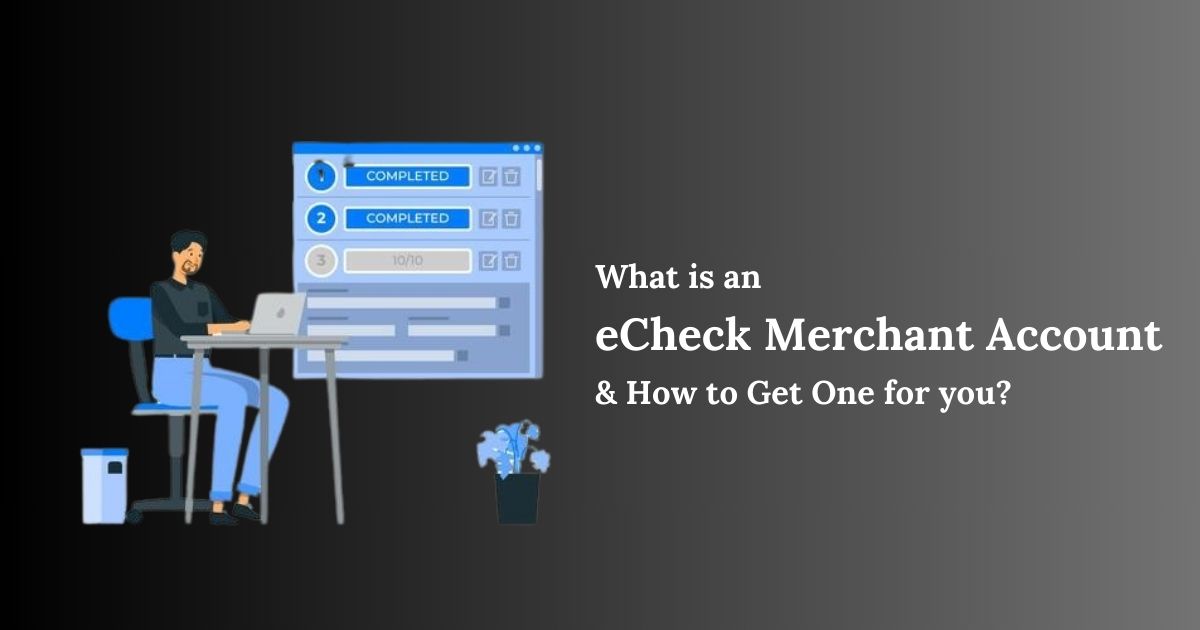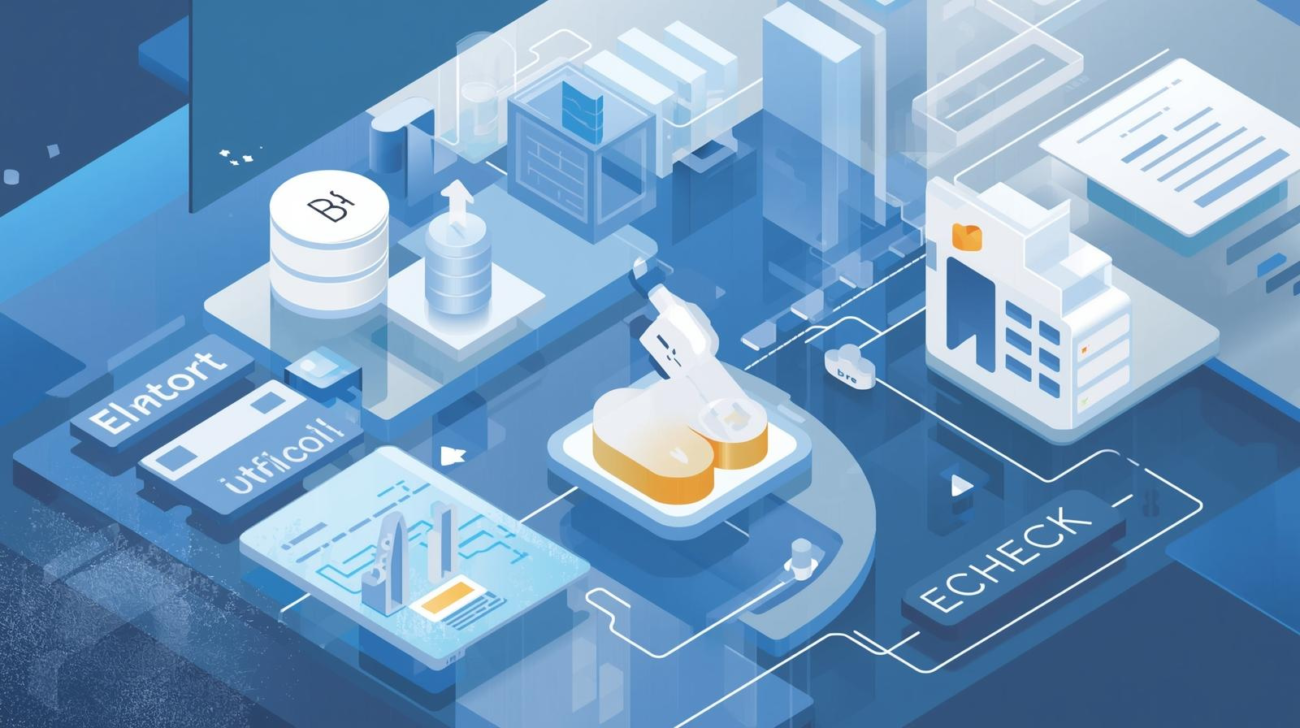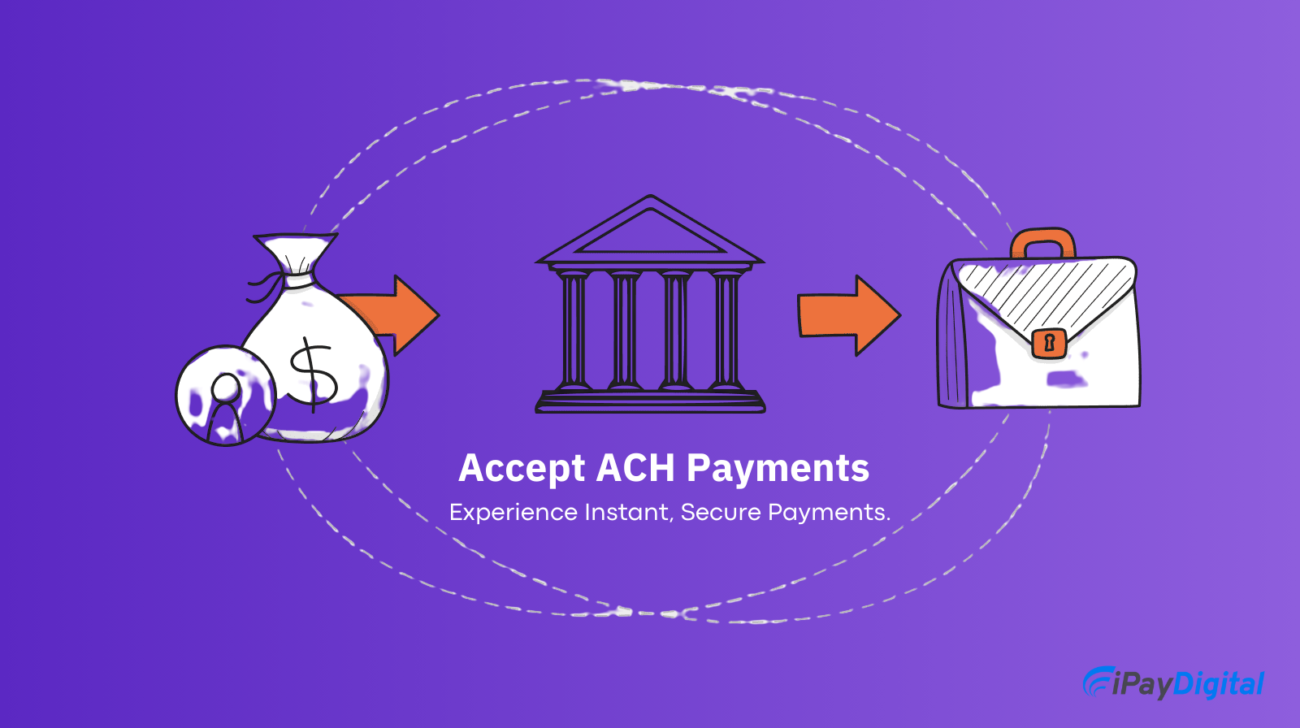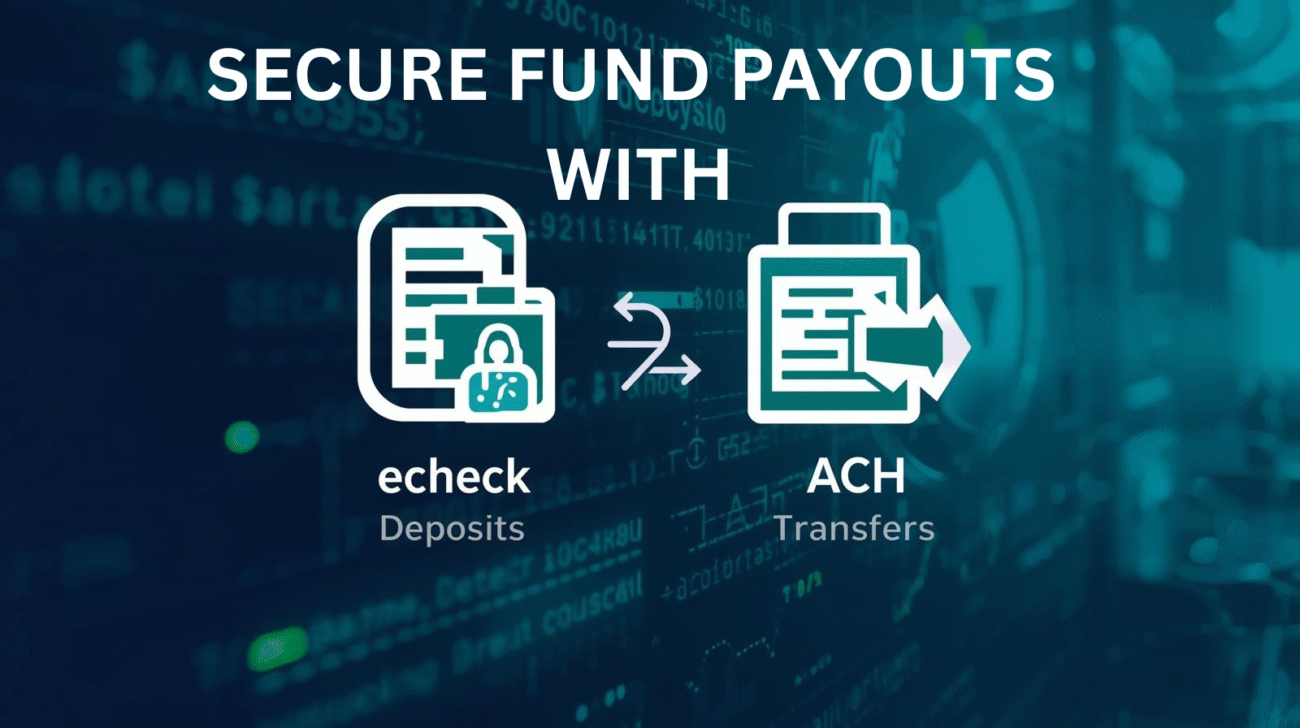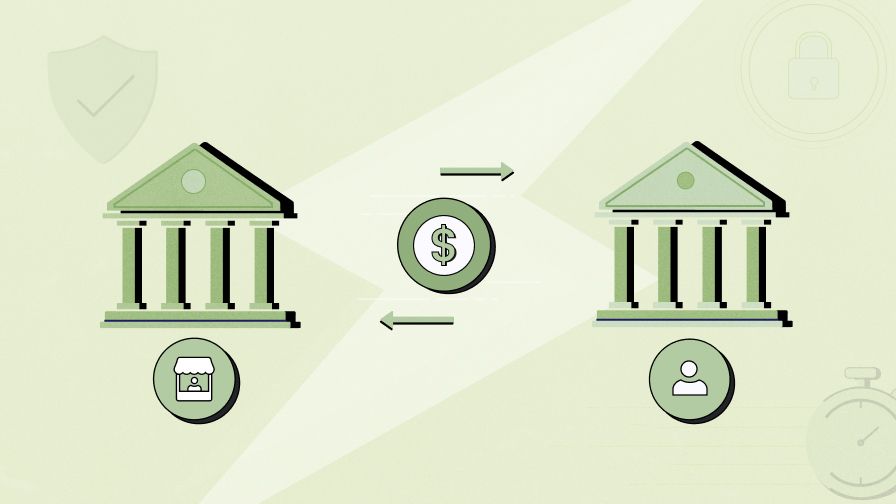In today’s digital world, where businesses thrive on providing customers with seamless transactions, having a merchant account is essential. Whether you’re a small business owner or running a large enterprise, understanding what a merchant account is, how it works, and why it’s crucial can help you stay ahead in a competitive marketplace. This blog will explore the ins and outs of merchant accounts, their role in eCheck payment processing, and how they relate to services like ACH accounts.
Understanding Merchant Accounts
A merchant account is a type of business bank account that allows businesses to accept and process payments, typically from credit and debit cards. When a customer makes a purchase, the funds are first deposited into the merchant account before being transferred to the business’s primary bank account. This process ensures that payments are securely processed and that businesses can accept a variety of payment methods.
How Does a Merchant Account Work?
The process of payment through a merchant account involves several steps:
- Customer Payment: When a customer makes a purchase using a credit card, debit card, or eCheck, the payment details are submitted to the merchant’s payment gateway.
- Authorization: The payment gateway sends the transaction information to the customer’s issuing bank to request authorization. The bank then verifies the payment details, ensuring the account has sufficient funds.
- Approval: Once the payment is authorized, the issuing bank sends an approval message to the payment gateway, which then notifies the merchant.
- Settlement: The approved funds are transferred from the issuing bank to the acquiring bank, which holds the merchant account. The funds are typically deposited into the merchant’s primary bank account within a few days.
Why Do You Need a Merchant Account?
A merchant account is essential for any business that wants to accept card payments. Here’s why:
- Secure Payment Processing: Merchant accounts provide a secure platform for processing payments. By working with a reputable merchant services provider, you can ensure that your customers’ payment information is handled securely, reducing the risk of fraud.
- Acceptance of Multiple Payment Methods: A merchant account allows your business to accept various payment methods, including credit cards, debit cards, and eChecks. This flexibility makes it easier for customers to complete transactions, which can lead to increased sales.
- Streamlined Operations: With a merchant account, payments are processed efficiently and quickly. This streamlines your business operations, allowing you to focus on other critical aspects of your business.
- Improved Cash Flow: Payments processed through a merchant account are typically deposited into your business bank account within a few days. This quick turnaround improves your cash flow, enabling you to reinvest in your business and meet financial obligations more easily.
The Role of eCheck Payment in Merchant Accounts
eCheck payment processing is a valuable feature for businesses that want to offer an alternative to traditional card payments. An eCheck, or electronic check, is a digital version of a paper check. It allows customers to make payments directly from their bank accounts, which can be processed through a merchant account.
Advantages of eCheck Payments:
- Lower Processing Fees: One of the primary benefits of eCheck payments is the lower processing fees compared to credit card transactions. This cost-effectiveness makes eCheck an attractive option for businesses looking to reduce overhead.
- Security and Compliance: eCheck payments processed through a merchant account are secured by the Automated Clearing House (ACH) network. The ACH system is governed by strict regulations, ensuring that transactions are compliant and secure.
- Faster Processing: Unlike traditional paper checks, which can take days to clear, eCheck payments are processed more quickly, often within one to two business days. This speed enhances cash flow and reduces the risk of bounced checks.
Merchant Services: A Comprehensive Solution
Merchant services refer to the broad range of financial services that support businesses in accepting and processing payments. These services include payment gateways, point-of-sale (POS) systems, and other tools that integrate with your merchant account to streamline payment processing.
Key Merchant Services:
- Payment Gateway: A payment gateway is a crucial component of merchant services. It acts as an intermediary between your website or POS system and the financial institutions involved in the transaction. The gateway encrypts and securely transmits payment data, ensuring that transactions are safe and compliant with industry standards.
- POS Systems: Point-of-sale systems are essential for businesses that operate in physical locations. These systems connect with your merchant account to process card payments, track sales, and manage inventory.
- Recurring Billing: For businesses that offer subscription services, merchant services providers often offer recurring billing options. This feature allows you to set up automated billing cycles, ensuring that payments are collected on time.
- Mobile Payment Solutions: With the rise of mobile commerce, many merchant services providers offer mobile payment solutions that allow businesses to accept payments through smartphones and tablets. This flexibility is particularly beneficial for businesses that operate on the go.
ACH Accounts: The Backbone of eCheck Payments
An ACH account is a type of bank account used to process eCheck payments through the Automated Clearing House network. The ACH network is an electronic system that facilitates the transfer of funds between banks, making it an integral part of eCheck payment processing.
ACH Push vs. ACH Pull: ACH payments can be initiated in two ways: ACH Push and ACH Pull.
- ACH Push: In this method, the payer initiates the transfer of funds from their bank account to the payee’s bank account. This method is often used for payroll and bill payments.
- ACH Pull: In this method, the payee initiates the transaction by requesting the funds from the payer’s account. This method is commonly used for subscription services and recurring payments.
Benefits of Using ACH Accounts:
- Cost-Effective: ACH transactions typically have lower processing fees than credit card payments, making them a cost-effective option for businesses.
- Reliable Payment Processing: The ACH network is known for its reliability and efficiency, ensuring that payments are processed accurately and on time.
- Reduced Risk of Chargebacks: ACH payments have a lower risk of chargebacks compared to credit card payments, providing businesses with more stability in their cash flow.
Conclusion A merchant account is an essential tool for any business looking to accept payments securely and efficiently. By integrating eCheck payment options and utilizing merchant services, businesses can offer their customers a variety of payment methods, streamline operations, and improve cash flow. Whether you’re a small business owner or managing a large enterprise, understanding the importance of a merchant account and how it works can help you make informed decisions that benefit your business in the long run.

